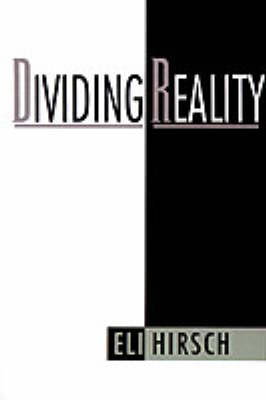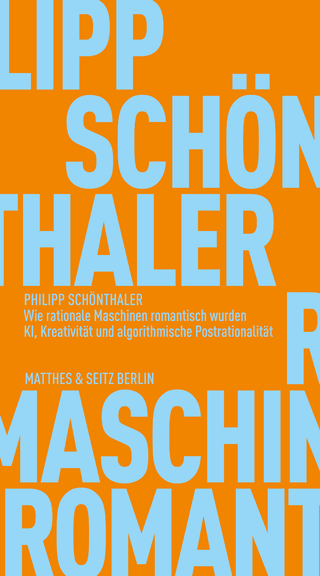
Dividing Reality
Seiten
1993
Oxford University Press (Verlag)
978-0-19-505754-6 (ISBN)
Oxford University Press (Verlag)
978-0-19-505754-6 (ISBN)
This monograph identifies and explores a philosophical dilemma which the author calls "the division problem". This is defined as the problem of explaining why language divides up reality in one way rather than another, or the rational basis for languages to contain certain types of words.
Why does our language divide up reality one way rather than another? On what rational basis does our language contain certain kinds of general words rather than others?
Hirsch shows that a language can be constructed which describes reality in ways we would find absurdly irrational, for example by classifying normally disparate items under the same general term. The apparent irrationality of the new language does not depend on its impoverished fact-stating power, as this may be equivalent to the fact-stating power of ordinary language; the problem then is to explain exactly what is wrong with it. Various options are explored and criticized, such as the hypothesis that language must reflect an underlying objective distinction between `natural' kinds; that there are pragmatic reasons for the way language functions as it does; and that, as a matter of `metaphysical necessity,' strange ways of dividing up reality are constructions out of ordinary ways. Having demonstrated that this newly identified problem is in fact a serious one which cannot be easily solved or brushed aside, Hirsch offers his own suggestions for a possible solution.
Why does our language divide up reality one way rather than another? On what rational basis does our language contain certain kinds of general words rather than others?
Hirsch shows that a language can be constructed which describes reality in ways we would find absurdly irrational, for example by classifying normally disparate items under the same general term. The apparent irrationality of the new language does not depend on its impoverished fact-stating power, as this may be equivalent to the fact-stating power of ordinary language; the problem then is to explain exactly what is wrong with it. Various options are explored and criticized, such as the hypothesis that language must reflect an underlying objective distinction between `natural' kinds; that there are pragmatic reasons for the way language functions as it does; and that, as a matter of `metaphysical necessity,' strange ways of dividing up reality are constructions out of ordinary ways. Having demonstrated that this newly identified problem is in fact a serious one which cannot be easily solved or brushed aside, Hirsch offers his own suggestions for a possible solution.
| Erscheint lt. Verlag | 22.7.1993 |
|---|---|
| Zusatzinfo | line figures |
| Verlagsort | Oxford |
| Sprache | englisch |
| Maße | 162 x 243 mm |
| Gewicht | 604 g |
| Themenwelt | Geisteswissenschaften ► Philosophie ► Sprachphilosophie |
| ISBN-10 | 0-19-505754-6 / 0195057546 |
| ISBN-13 | 978-0-19-505754-6 / 9780195057546 |
| Zustand | Neuware |
| Haben Sie eine Frage zum Produkt? |
Mehr entdecken
aus dem Bereich
aus dem Bereich
Macht und Legitimität politischer Sprache im Prozess der europäischen …
Buch | Softcover (2023)
Nomos (Verlag)
74,00 €
KI, Kreativität und algorithmische Postrationalität
Buch | Softcover (2024)
Matthes & Seitz Berlin (Verlag)
16,00 €
Wie die Menschheit zu ihrer größten Erfindung kam
Buch | Softcover (2022)
C.H.Beck (Verlag)
18,00 €


